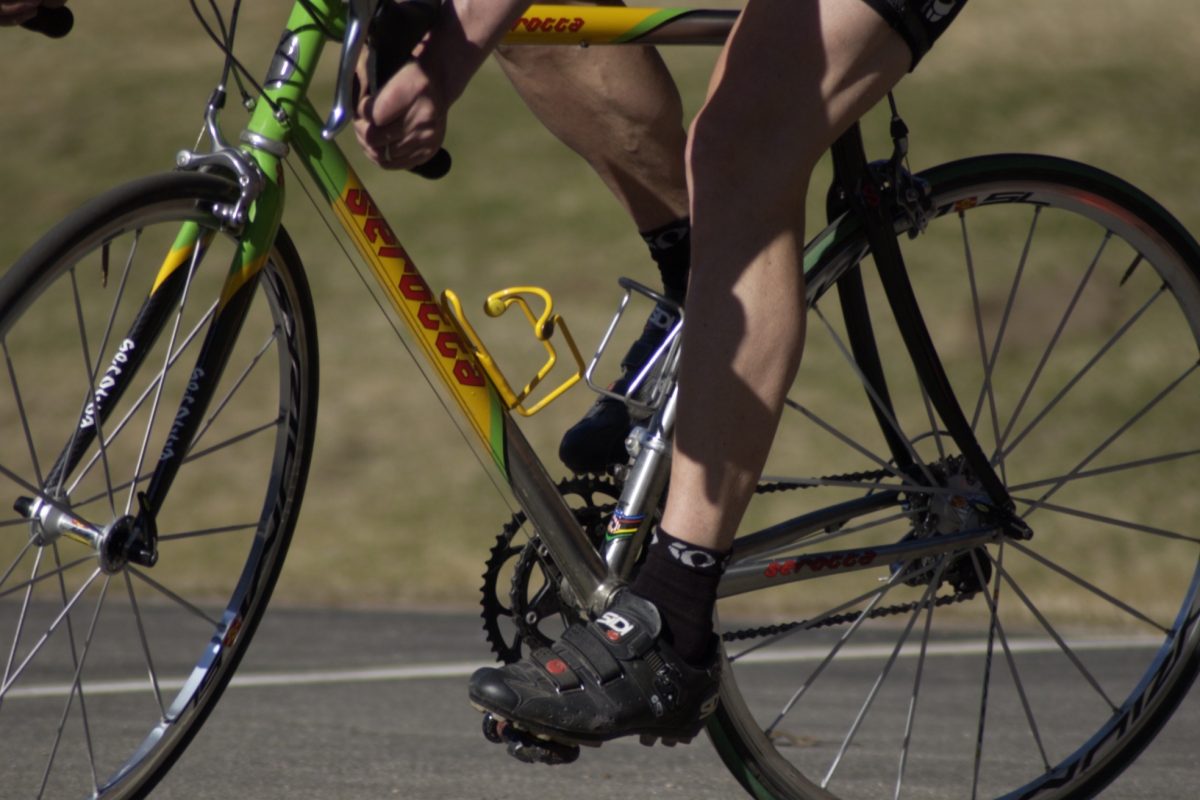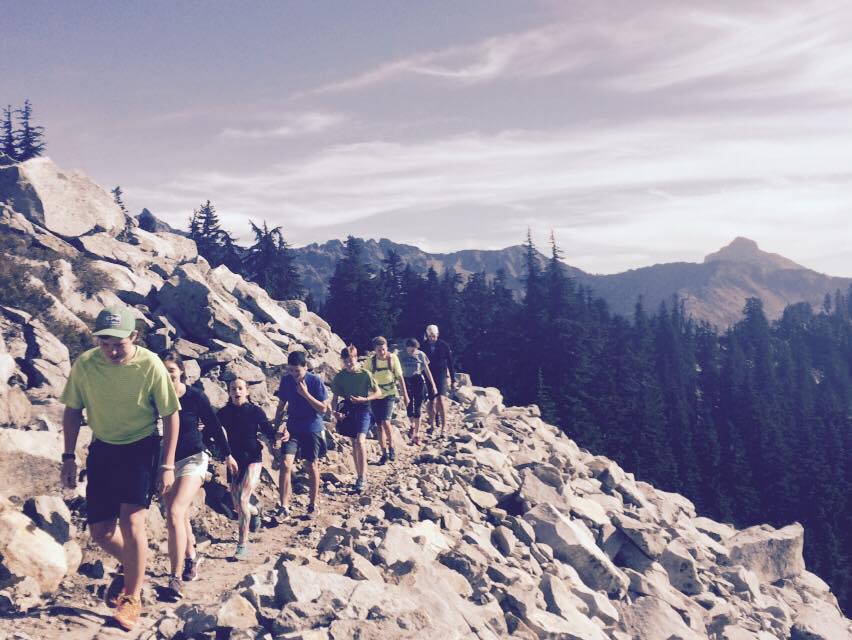
As Billy Demong and Johnny Spillane strode triumphantly to the podium for the flower ceremony after today’s nordic combined competition, a parade of sullen-looking Europeans was walking through the mixed zone, in the other direction.
It was easy to miss them—after all, they weren’t the ones who won medals. But they had an interesting story to tell, too: how Thursday’s weather conditions in the jumping round had ruined their chances for Olympic glory.
Big names like France’s Jason Lamy-Chappuis, Austria’s Felix Gottwald, and Norway’s Magnus Moan were nowhere near the top, their races compromised by poor jumping that stemmed at least partly from the conditions.
“This jumping competition has nothing to do with fair competition,” said Gottwald, who, with seven Olympic medals to his name, should know.
In an event that is only held every four years, with such high stakes, Gottwald said, officials should have done more to ensure that all the athletes got a fair shot.
“A lot of athletes didn’t get the chance to show their performance,” he said.
The sport of nordic combined is split between two separate competitions. A ski jump, usually held in the morning, is used to determine the start order for a cross country race in the afternoon, and the athletes with the longest leaps get a head start.
Since jumpers are in the air for so long, buoyed by puffy suits that help them glide more than 100 meters, minor fluctuations in wind or precipitation can have a big impact on results. That’s what happened Thursday morning.
“It was switching on and off all day with the wind, and light snow on and off on the in-run,” said Taylor Fletcher, one of the American competitors in the event. “You really had to be on top of your game in order to put one down farther on the hill.”
During World Cup competitions, which are held almost weekly in Europe, the jury (the officials in charge of regulating the jumping and ensuring a level playing field) has more flexibility.
If conditions are too erratic, they can delay the jumping until the weather improves, or if things are far too dicey, they can scrap it altogether. If that happens, the cross country race is handicapped using the results from a competition from the day before, called the “provisional round.”
“Had this been a World Cup event, they would have cancelled today, and used the provisional jump,” said Dave Jarrett, the head coach of the American nordic combined team.
At the Olympics, though, no provisional jump is held, and Jarrett said that yesterday’s bad weather would have precluded one, anyway. As for a delay or postponement, Jarrett said many teams have flights scheduled for tomorrow—and that cluttered television lineups give officials little choice but to push ahead.
“The T.V. drives the times,” he said. “When you have the Olympics on such a tight schedule, that doesn’t leave much room for error.”
While Demong and Spillane both ended up benefiting from the weather, the problems on the hill affected all the teams—not just the Europeans. The third American medal contender, Todd Lodwick, had tough conditions for his jump, while some of the athletes from nordic combined powerhouses France and Austria made it through unscathed—including bronze medalist Bernhard Gruber (AUT).
But Jarrett did acknowledge that ultimately, the sport’s officials have some work to do.
“Something needs to change on the jumping hill,” he said.
One way the effects of the weather could be minimized, Jarrett said, would be if jumpers used thinner suits, like the ones worn by alpine or nordic racers. Those suits trap less air, reducing the impact of changes in wind.
“The fit and the materials can be a solution,” he said.
Nathaniel Herz
Nat Herz is an Alaska-based journalist who moonlights for FasterSkier as an occasional reporter and podcast host. He was FasterSkier's full-time reporter in 2010 and 2011.




2 comments
Lars
February 26, 2010 at 2:05 am
Seems to me conditions have been bad in many events maybe there shud be more flexibility there really isn`t much point in competing if conditions not skill is going to decide.
bbrooker
March 2, 2010 at 10:14 pm
get rid of the evening officials and once the jump starts one ever 45 seconds till done, unless it gets dangerous, you can’t control the weather so don’t try.